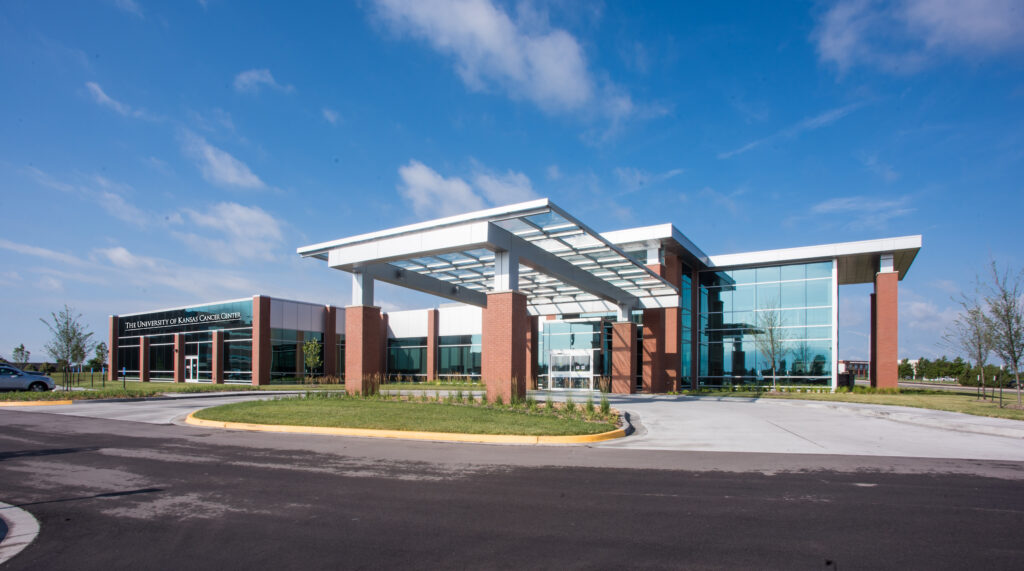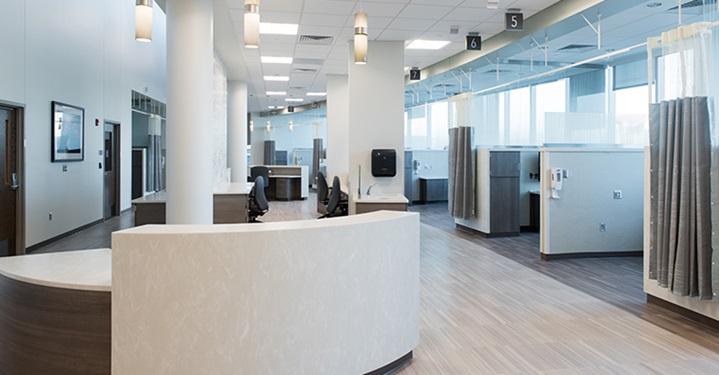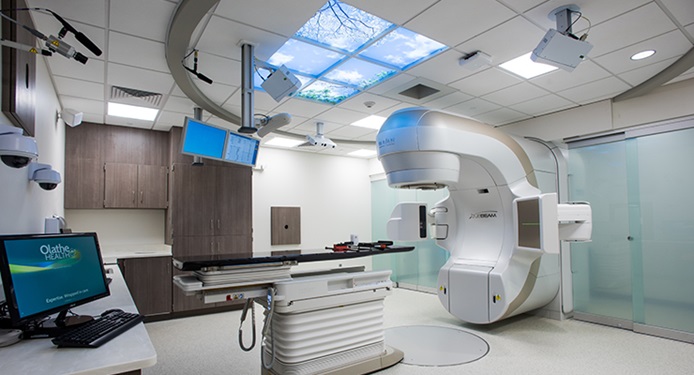
Your Cancer Answers. Your Path Forward.
Olathe Health Cancer Center is now The University of Kansas Cancer Center.
Here, every person’s cancer journey is unique. Your cancer is not like anyone else’s, and your treatment shouldn’t be either. You are the focus as we work to provide you with the most advanced and comprehensive treatments, leading-edge technology, and support services available.





